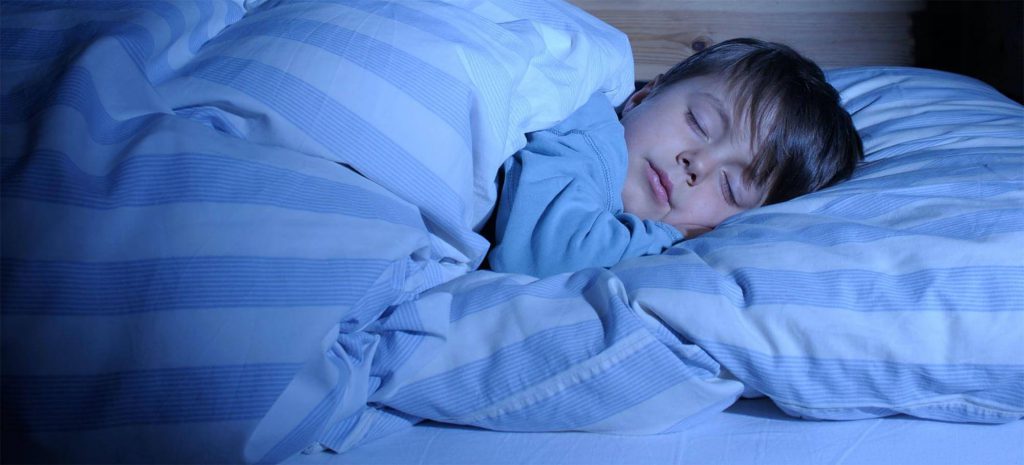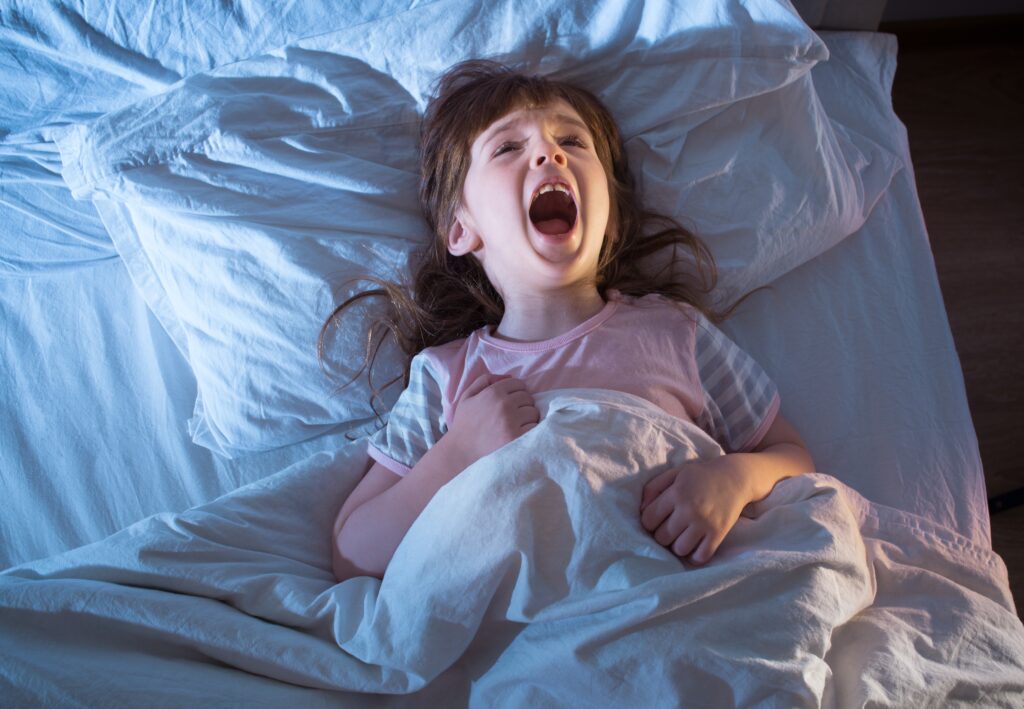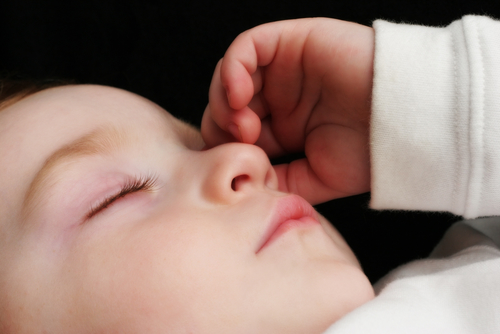At what times and for how long does my baby or child sleep both in the day and at night?
What influences or interferes with my child’s sleep pattern?
Is the pattern repeated over successive days or weeks?

These are simple questions, but many parents would have difficulty answering them with any certainty, especially when they are busy and over-tired. However you will need this basic information to establish whether your child has a sleep problem and what is your best course of action.
One of the best ways to record this is to keep a sleep diary for two weeks.
It can be a very simple document, but the data that it provides can be used to address a whole host of sleep problems.
When is the best time to start keeping a diary?
The answer is almost certainly today. Even if you have not decided how to manage your child’s sleep, any information you gather now will give you a head start in determining which approach to take and subsequently when you start, how you are progressing.
You may also like to make a note of your aims on the diary page. Like a mission statement, this can keep you focused on your goal when you’re tired and emotions cloud your judgement and threaten to throw you off course.
You may be surprised what a simple daily diary can teach you, and how this knowledge will help you guide your child towards better sleep.
A sleep diary enables you to:
- Assess whether your child is getting enough sleep and if this sleep is at the best time.
- Track your progress day-to-day. Whether you are introducing a fully structured sleep programme or just making small initial changes to meal and nap times, you will be better able to ascertain the impact of what you are doing.
- To be more objective about a problem that is often emotionally charged. With the bare facts, it is much easier to spot the emergence of patterns, which you can then address quickly. These are simple questions, but many parents would have difficulty answering them with any certainty, especially when they are busy and over-tired.
- To see the connections between what your child is doing outside sleep times and if this affects their sleep.
- Assess your responses to your child’s sleep habits, enabling you to see where you are genuinely helping or unintentionally hindering the problem.
- See baseline information against which you can assess not only changes in your child’s behaviour but also your management of those changes.
- To remain consistent, which is especially important when you are trying to establish a routine.
- Increase your motivation by revealing small improvements in your child’s sleeping habits when you have changed their routine.
- Show health professionals you may consult with.






